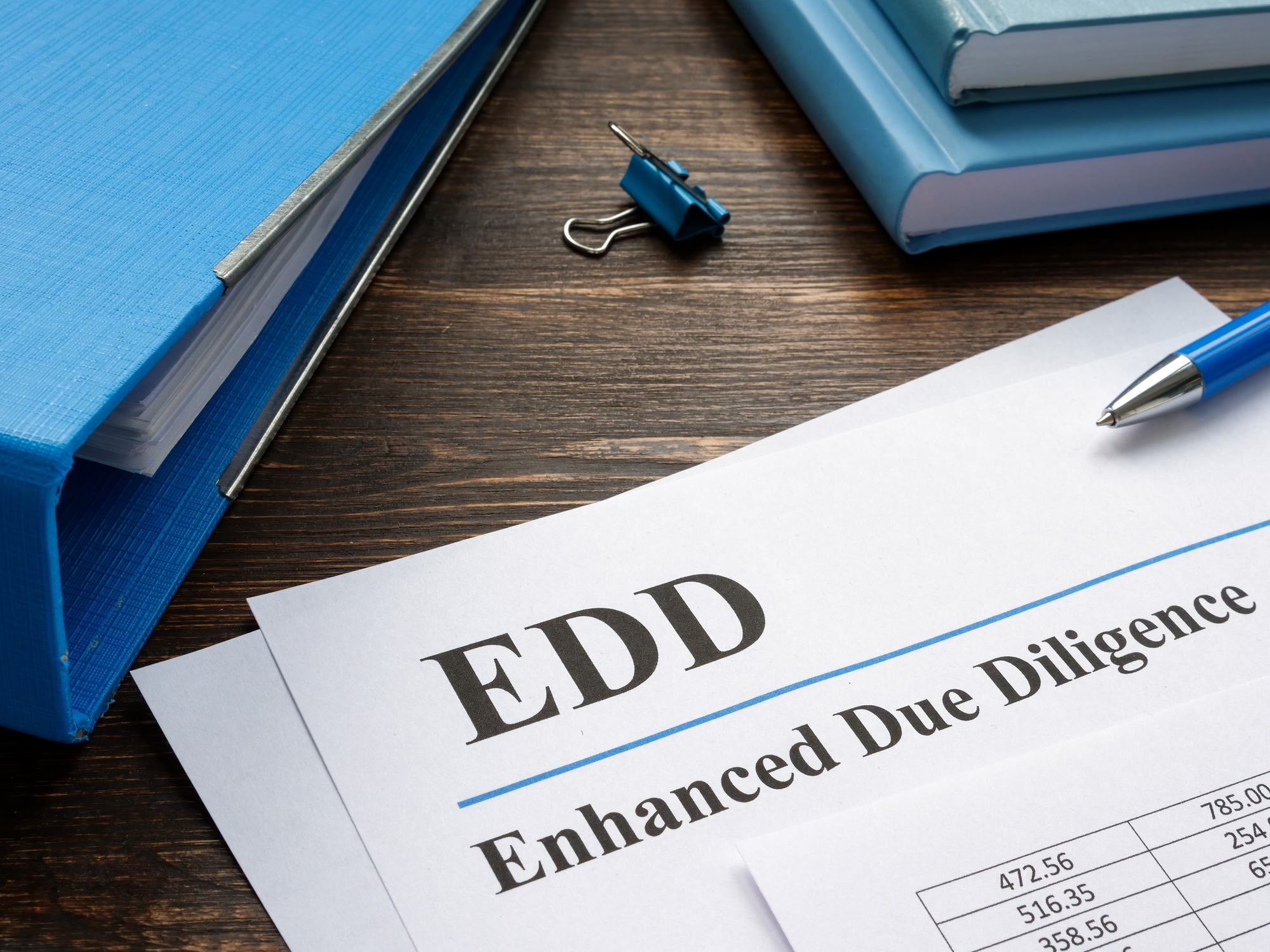Why Is Performing C-Suite Due Diligence So Challenging?
Performing due diligence on the C-suite during a pre-sale process can be challenging for a number of reasons:
-
Access to Information: One of the biggest challenges is accessing accurate and relevant information about the C-suite individuals. This can be due to privacy laws and regulations, as well as the reluctance of the individuals themselves to provide personal information.
-
Complexity of Background Checks: C-suite executives often have a long and complex professional history, making it difficult to perform comprehensive background checks. This can include previous employment, education, and other relevant experiences, all of which need to be verified.
-
Resistance from the Company: The company itself may resist the due diligence process, particularly if it is concerned about the potential impact on its reputation or the privacy of its executives.
-
Lack of Standardization: There is no standardization in the pre-sale due diligence process, and different organizations may have different approaches and methods, making it difficult to compare results and assess the reliability of information.
-
Time Constraints: The pre-sale process is often time-sensitive, and there may not be enough time to perform a thorough due diligence on the C-suite.
Sources:
- "Due Diligence in M&A Transactions" by Paul Hastings
- "The Importance of Due Diligence in M&A Transactions" by Deloitte
- "Pre-Acquisition Due Diligence: A Guide for Buyers" by PwC
- "The Challenges of Due Diligence in M&A Transactions" by KPMG
- "Due Diligence in Mergers and Acquisitions" by Bain & Company



